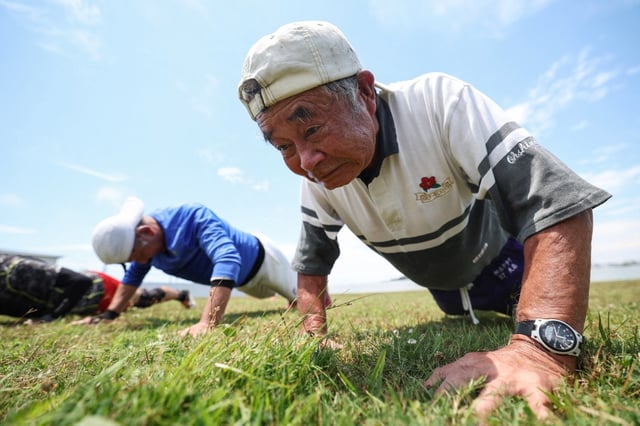Overview
- Researchers measured taurine in longitudinal and cross-sectional studies of humans, rhesus monkeys and mice across the adult lifespan.
- Taurine concentrations frequently increased or remained constant with age, undermining its potential as a universal aging biomarker.
- Links between taurine levels and health indicators such as muscle strength or body weight varied by species, sex and cohort.
- Findings suggest that individual factors like genetics, diet and environment shape taurine’s biological impact.
- Randomized clinical trials are under way to assess whether taurine supplementation can boost health and fitness in middle-aged adults.



